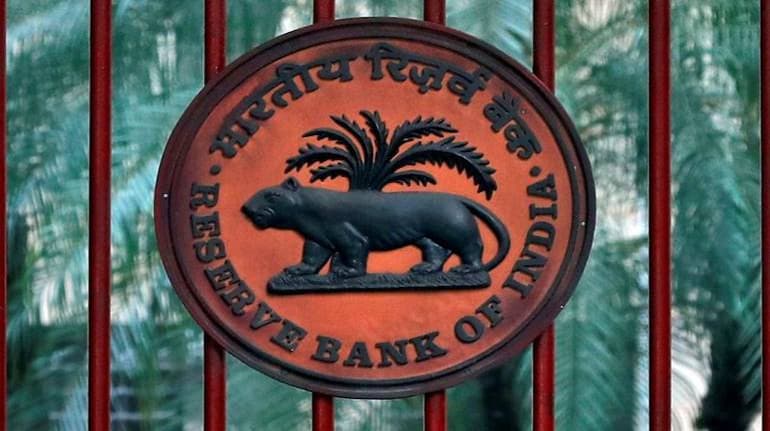
The Reserve Bank of India (RBI) is set to begin its three-day meeting on Wednesday to decide key monetary policy rates, despite the country’s raging coronavirus disease (Covid-19) pandemic. According to news reports earlier this week citing officials familiar with the matter, the central bank will announce its bi-monthly monetary policy review on Friday at the end of the meeting.
The RBI’s Monetary Policy Committee (MPC) is expected to release its bi-monthly policy review on August 6, following a three-day meeting from August 4 to 6. The RBI is expected to keep interest rates unchanged and “watch the developing macroeconomic situation,” according to news agency PTI.
The MPC, which is led by RBI governor Shaktikanta Das and consists of six members, is in charge of setting the key policy rates. Last time, the panel kept the rates unchanged, citing inflation concerns.
According to financial experts cited by PTI, the RBI will take a “wait-and-see” approach because it has little room to manoeuvre on monetary policies in a world where higher commodity prices and rising global rates as a result of the Covid-19 recovery have serious implications on production costs.
Fuel prices are to blame for rising inflation in the Indian economy, according to one expert, who added that the pressure will ease after the economy has been normalised. Despite high inflation, the central bank is expected to keep the repo rate at its current level.
The Reserve Bank of India, which bases its monetary policy on the Consumer Price Index (CPI), has been mandated by the government to keep CPI-based inflation at 4% with a 2% margin on either side.
During June-November 2020, inflation was above the tolerance band, and it was above the upper tolerance threshold again in May and June 2021. According to a recent RBI article, inflation is expected to remain high for a few months before easing in the third quarter of 2021-22, when the Kharif harvest arrives in markets.



